$373,000 in Stipends and Allowances for the Tennessee Plan… Will It Obtai
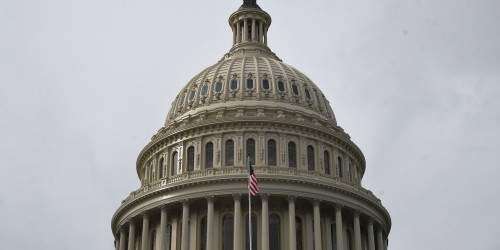
The nation will pay approximately $373,800 for just one year of stipends and expense reimbursements for the seven members of the so-called equality committee, which will seek to promote Puerto Rico’s incorporation to the United States through the Puerto Rican Tennessee Plan.
This amount will be paid to the members of the branches formed as per the Act for Equality and Congressional Representation of the American Citizens of Puerto Rico, according to the information disclosed by the Fiscal Agency and Financial Advisory Authority (FAFAA) on Thursday evening. This gave rise to all kinds of reactions from the citizens, considering the precarious financial situation the island is facing, now within a system led by the Fiscal Control Board (FCB), which oversees Puerto Rico’s public finances.
This act also creates a committee that will lay the foundations for the Tennessee Plan, which requires placing seven members in Washington to lobby for Puerto Rico’s annexation to the United States. According to the law, this committee will be assigned to the Puerto Rico Federal Affairs Administration (PRFAA).
However, assigning this act to the PRFAA creates problems with the budgetary allocations assigned to the entity. This is because the PRFAA will get its own corresponding allocations, which do not include the additional operating expenses for this Washington-based committee. The committee members will be paid stipends and representation expenses, including travel expenses, such as tickets, food, lodging, and transportation, to conduct the efforts in favor or Puerto Rico’s annexation to the United States.
According to the legislation, all seven committee members will be appointed by the governor and considered public officials for all intents and purposes.
Nonetheless, in spite of the issues and criticisms made to this act, Efraín Vázquez Vera—international politics expert and professor at the University of Puerto Rico (UPR) in Humacao—told NotiCel that the so-called Tennessee Plan could help decolonize Puerto Rico, because it will finally reveal how unfeasible it is for the island to join the United States.
As for this possibility, Vázquez Vera stated that the committee’s efforts could incite the US government to break the silence it has kept about Puerto Rico’s political future.
In his opinion, the government’s efforts to promote the plebiscite results from last Sunday, June 11—where the statehood option won in a landslide of 97% at the end of a consultation that could easily be the one with the lowest turnout in Puerto Rican history—will yield positive results, albeit detrimental to the intention of getting the island admitted in the Union.
The UPR professor’s argument is based on the idea that the Tennessee Plan will put Puerto Rico’s status on a silver platter for the US, so they can once and for all eliminate the option of annexation. If this were to happen, Puerto Ricans will finally be able to focus on debating actual options with the United States.
‘They need to assume that all of their efforts may also result in the total opposite of what they want. That it (the statehood option) may be denied. If that happens, it would be one of the biggest steps towards decolonization. If I were certain of that, they could spend $50 million, as far as I’m concerned.’
Vázquez Vera added that the main problem to be faced by the committee members is that, as opposed to the original Tennessee Plan concept, these are not publicly elected officials, which will undermine their representativeness.
‘It’s worth noting that these are not elected officials, which undermines their influence and credibility… It’s not the same to have officials arrive after being elected by the people of Puerto Rico than to get some people who were appointed by the governor. The concept of the Tennessee Plan gets diluted,’ explained the professor, who is also an advisor on diplomacy and foreign affairs for the Organization of Eastern Caribbean States.
The true Tennessee Plan concept includes sending what would be the equivalent of representatives and senators to Congress. However, Rosselló’s administration decided to have these officials appointed by the executive, which—according to the expert—entails a loss of moral ground, since they will be seen as mere advisors or aides to the governor.
The efforts made by the current administration to promote Puerto Rico’s annexation to the United States are based on the fact that the act that constituted this 7-member committee is in tune with PROMESA and the fiscal plan certified by the FCB. It also takes into account that section 402 of PROMESA explicitly states legislation imposing a Fiscal Control Board, but it does not restrict Puerto Rico’s right to determine its own political status, including the celebration of a plebiscite.
But section 204 of PROMESA establishes that, during the fiscal years while the Board is operating, any law passed by the government should be submitted to the Board no later than seven days after its approval.
Every law should include an estimated impact (if any) on the government’s revenues and expenses, as well as a certification determining whether it is consistent with the fiscal plan.
Popular ahora

Bienvenido a Noticel
Empieza a crear una cuenta
Verificación de cuenta
Te enviaremos un correo electrónico con un enlace para verificar tu cuenta. Si no lo ves, revisa tu carpeta de correo no deseado y confirma que tienes una cuenta vinculada a ese correo.
Has olvidado tu contraseña
Introduce el correo electrónico de tu cuenta y te enviaremos un enlace para restablecer la contraseña.
Has olvidado tu contraseña
Le hemos enviado un correo electrónico a {{ email }} con un enlace para restablecer su contraseña. Si no lo ve, revise su carpeta de correo no deseado y confírmeme que tiene una cuenta vinculada a ese correo electrónico.
Personaliza tu feed
Verifica que tu dirección de correo electrónico sea correcta. Una vez completado el cambio, utiliza este correo electrónico para iniciar sesión y administrar tu perfil.
Elige tus temas
- Deportes
- Economía
- El Tiempo
- Entretenimiento
- Más
- Noticias
- Opiniones
- Última Hora
- Vida y Bienestar
- Videos y Fotos



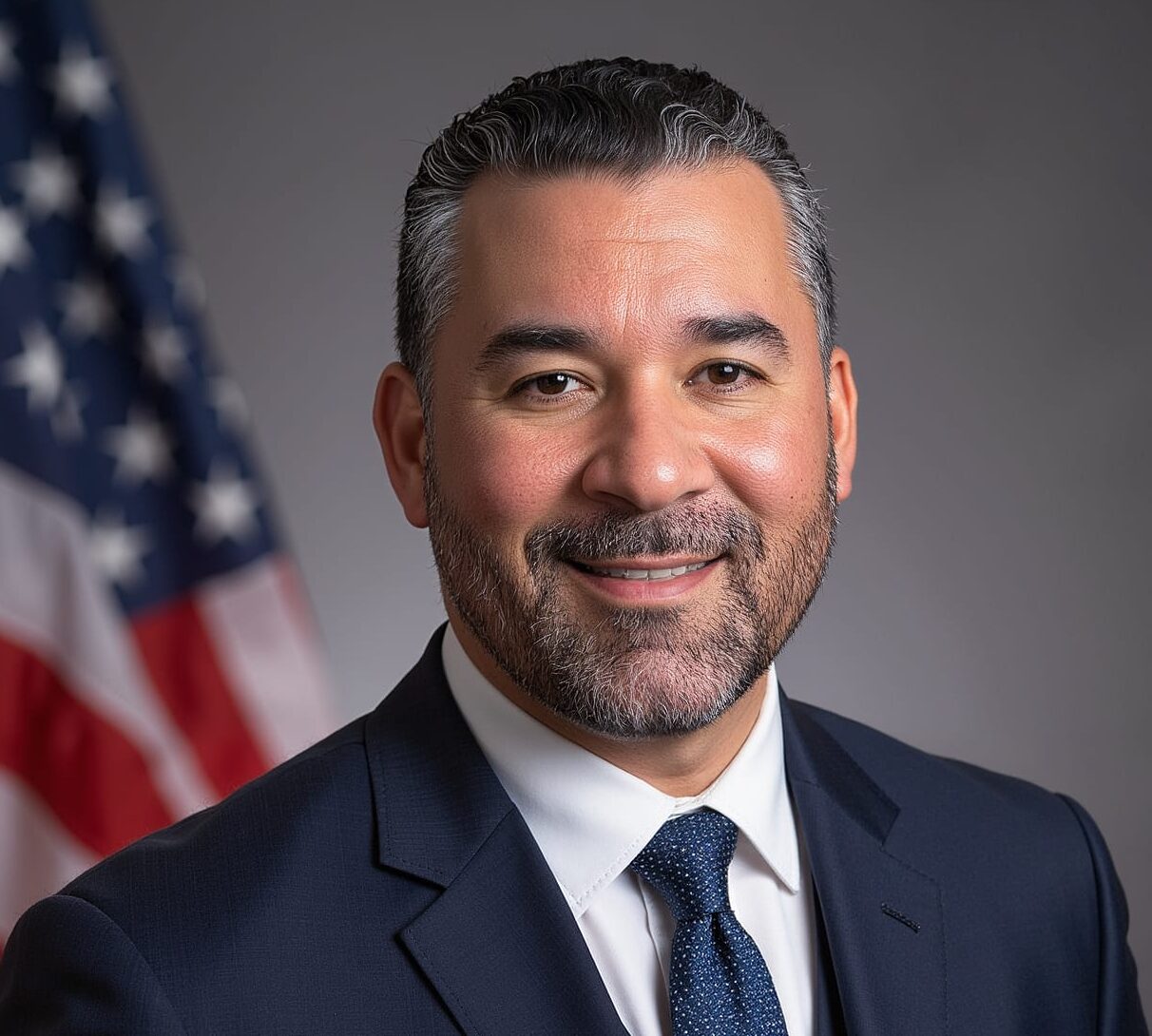



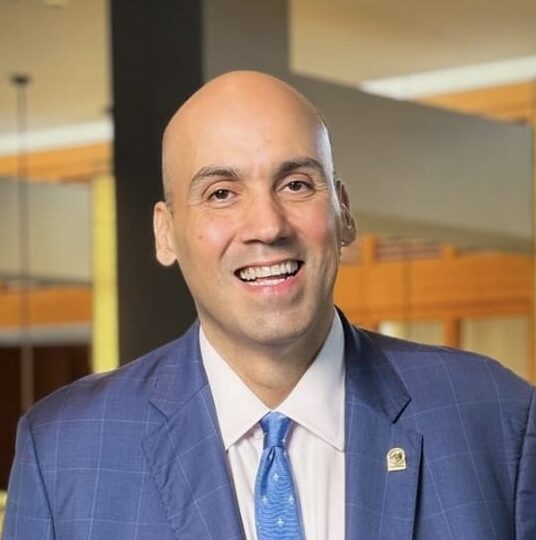
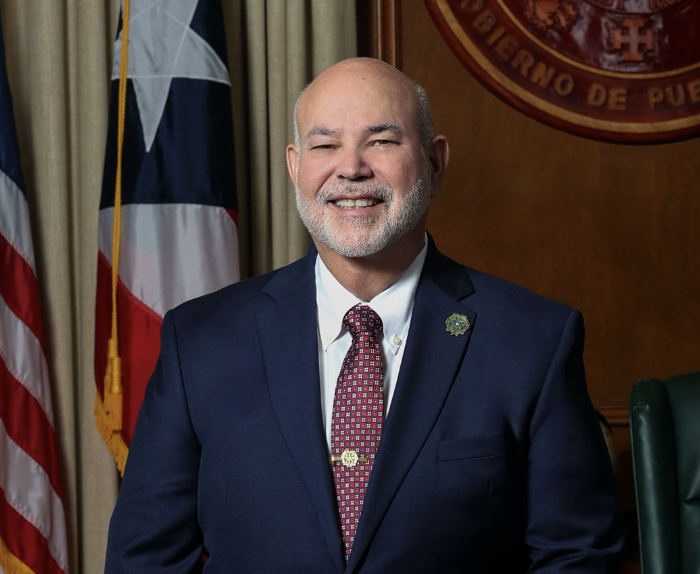



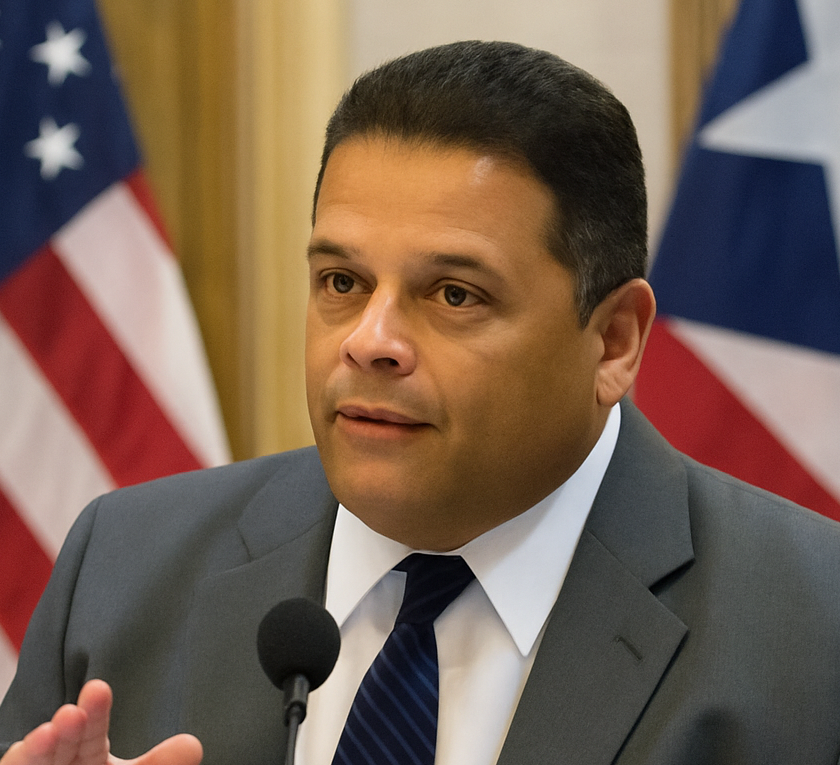













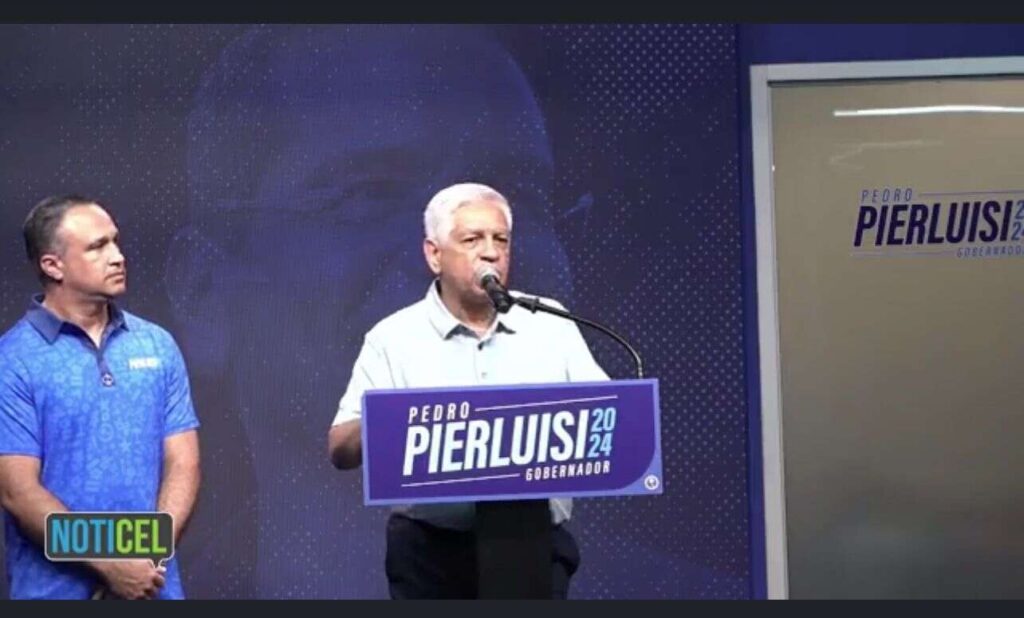
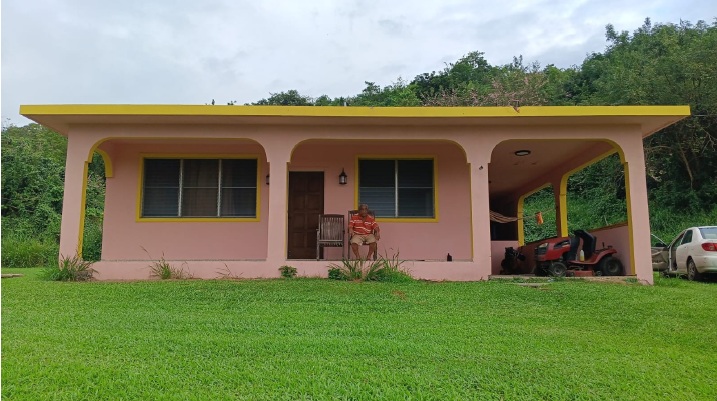

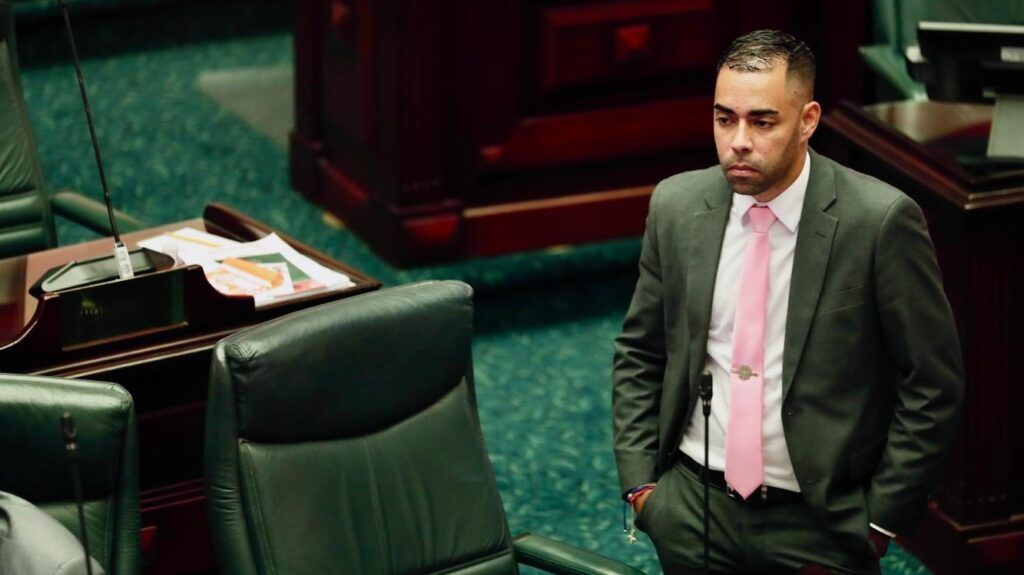




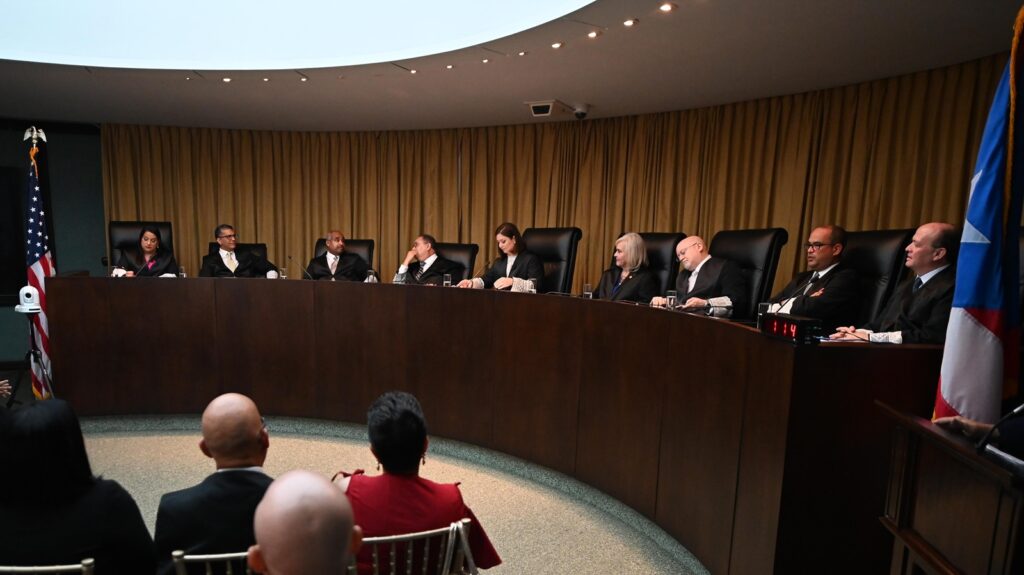
Comentarios {{ comments_count }}
Añadir comentario{{ child.content }}